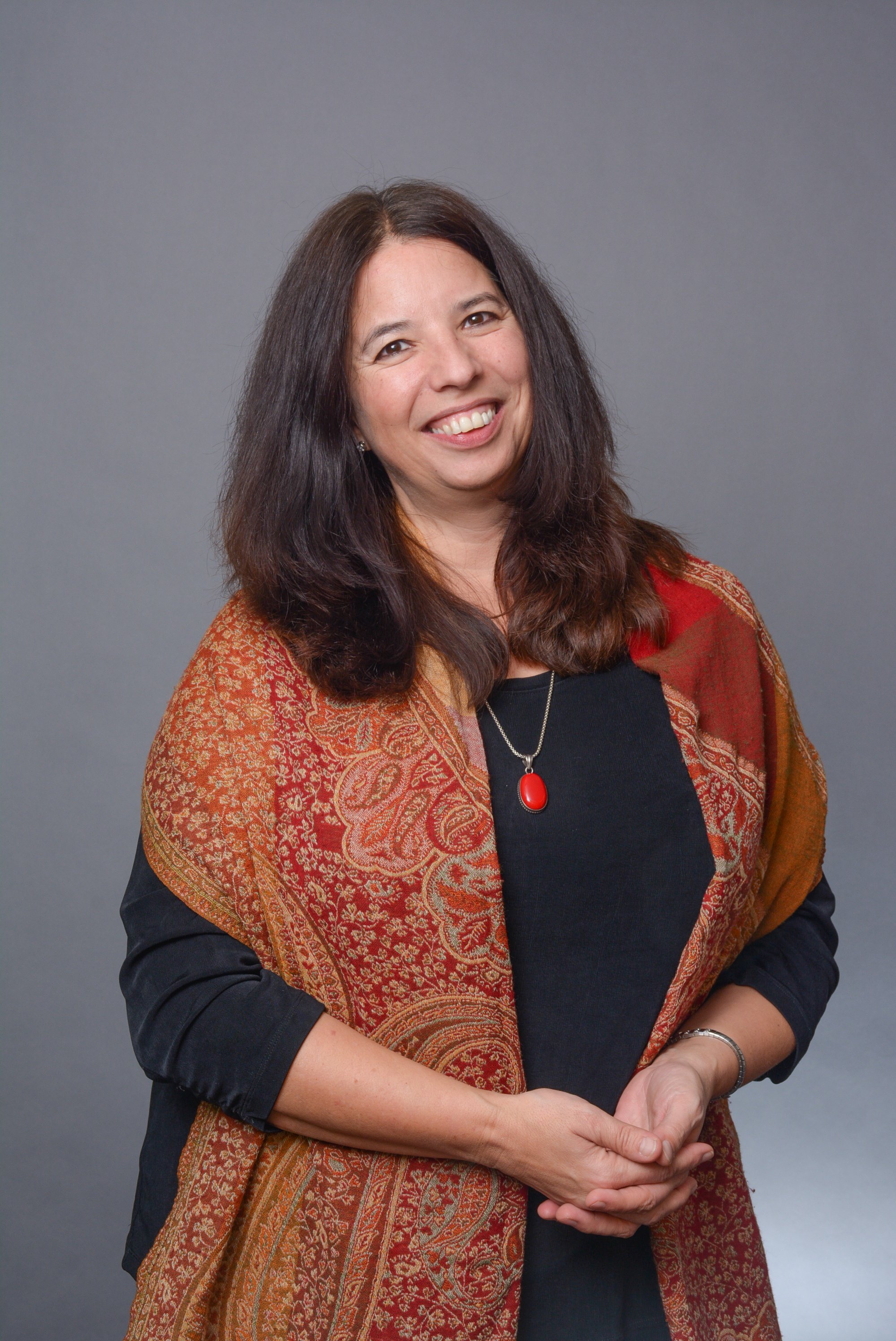"Why, Mommy?” asks a wide-eyed toddler as they eagerly explore the world around them. Why do the leaves turn brown? Why is a school bus yellow? Why is the ocean salty? Young children constantly inquire about the world around them. Sometimes even to the point of driving their parents crazy! Wide-eyed preschoolers ask questions and devour information enthusiastically.
Too often as children go to school, they lose that excitement. Most schools follow a teacher-centered model of education, where students listen as a teacher tells them what knowledge to learn. Students are encouraged to become excited about a subject—but only when it follows a closely-followed curriculum.
While preparing for college is important, “teaching for the test” often backfires by causing students to lose their excitement for learning.
What Is Montessori and How Does It Reignite Passion for Learning?
Over 100 years ago, an educator named Maria Montessori observed how children naturally soak up knowledge by pursuing areas that interested them. She used her observations to develop the Montessori method of education, a student-centered approach to "teaching" that relies on peer learning, self-guided activity, time and space for individually-chosen work activities.
A Montessori education is based on the belief that children should be given the opportunity to discover their world on their own in a protective and supportive environment. Instead of a forward-facing series of desks, Montessori classrooms are laboratories with multiple experiential and experimental stations. The method combines students of different ages, much like the former one-room schools, and students naturally drift from learner to instructor roles as their talents allow.
In contrast to a traditional education, teachers in the Montessori classroom act as guides who help children when needed and challenge them to reach their full potential.
The Magic of Inquiry Based Learning
In a traditional educational model, students learn there is only one right answer and one correct way to solve a problem. Creativity is discouraged and students aren’t pushed to learn different ways to approach challenges.
Inquiry Based learning, on the other hand, is focused on teaching students to become problem-solvers.
“I haven’t failed. I’ve just found 10,000 ways that don’t work.”
Thomas Edison
Many of the most successful leaders in our world are characterized by their curiosity and determination to overcome any challenges they encounter.
Google actually began as a project by Larry Page and Serge Brin to discover a better way to search library catalogs. Both founders credit their Montessori education as a factor behind their success. In an interview with Barbara Walters, Brin said, “…It was part of that training of not following rules and orders, and being self-motivated, questioning what’s going on in the world, doing things a little bit differently.”
How IB Learning Develops Curiosity
At Whitby, we use a combination of the Montessori method and IB learning to help kids keep the curiosity that fuels them as toddlers. This is especially important for the International Baccalaureate program. In addition to developing the other IB learner profile traits, students must learn how to ask questions and research the answers. They must become “Inquirers.”
During our classes, educators constantly challenge students to ask "Why?" and then encourage them to find the answers.
In all Lower School classrooms, you will find a Wonder Board filled with student questions related to their units of inquiry. Posting these questions values the students' points of view and interests.

Students share their inquiries with teachers and peers. Then students can form interest groups to research answers and teachers can plan learning engagements that are relevant to students. This results in students having a voice in curriculum planning, gives them a choice to pursue their own wondering, offers them opportunities to work collaboratively with peers, and connects their learning to personal interests.
Most schools teach students that there is only one right way to solve a problem and then grade their students on how closely they follow those steps. Real life challenges, however, don’t have clear step-by-step solutions. That’s why we focus on helping students develop the curiosity they need not only to find the answers but also to enthusiastically discover the questions they need to solve.
By leveraging children's natural curiosity about the world around them, inquiry based learning transforms education from something children "have to do" to something they enjoy. Your child may drive you crazy with questions — but that's a good thing. Remember what Einstein said; "Never stop asking questions."



